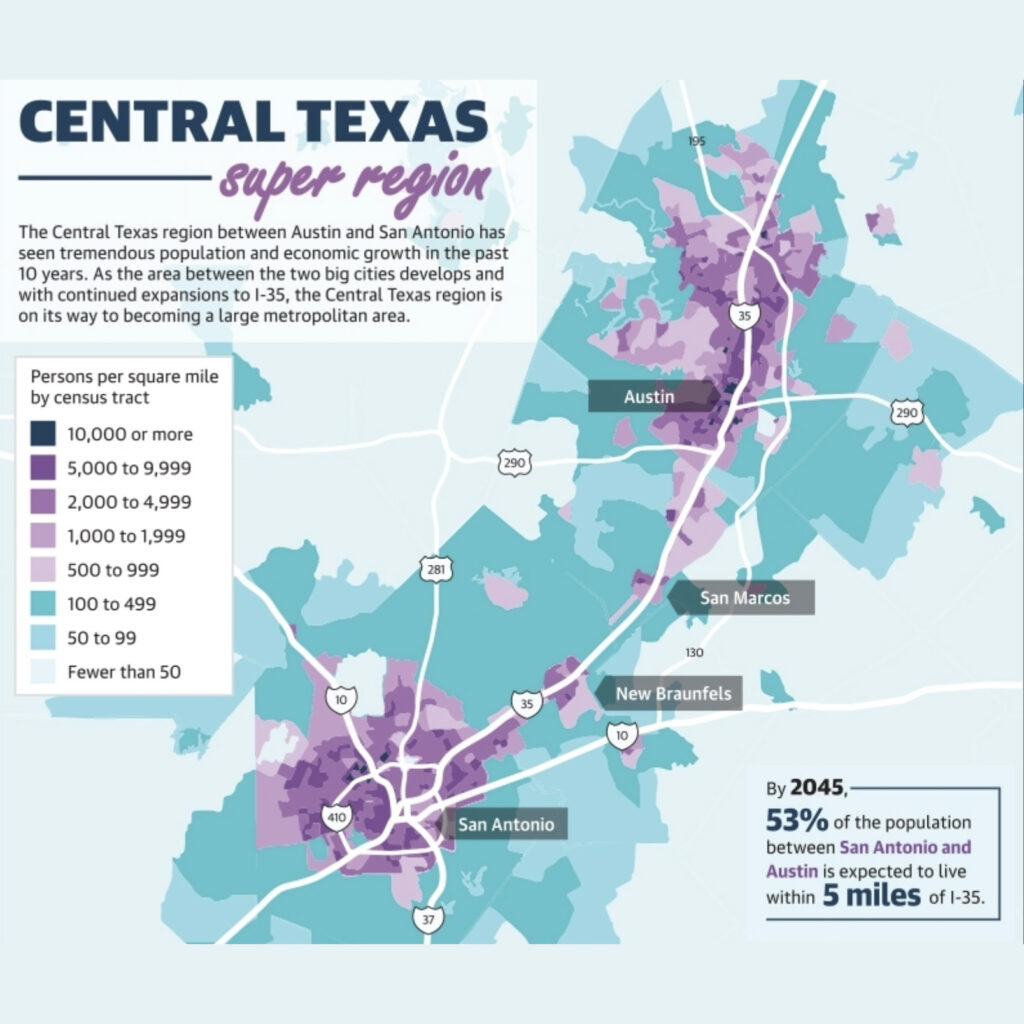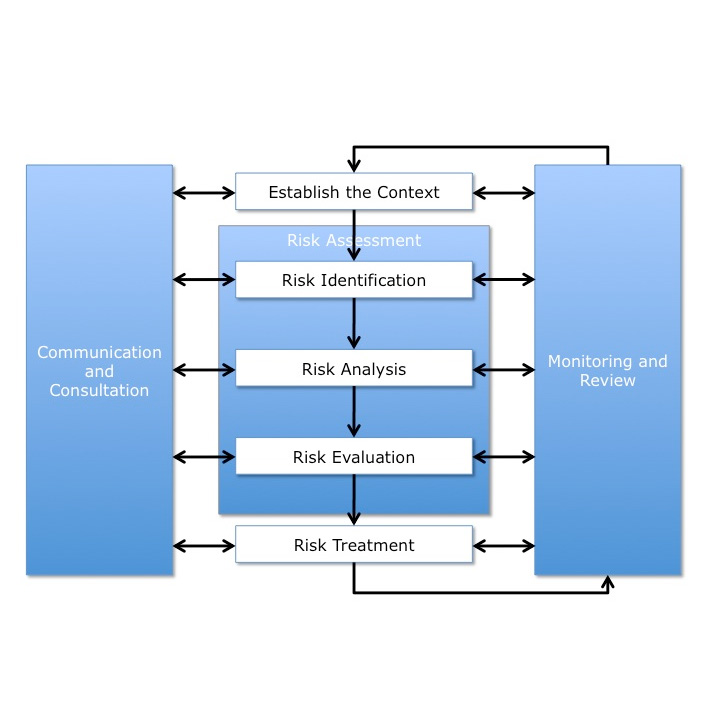In the intricate labyrinth of legislation, changes to bond propositions have introduced new complexities for school districts, specifically in how they should construct and present bond packages. These alterations are crucial to comprehend as they can significantly impact the process of financing the construction, improvement, or renovation of facilities within a school district. This article aims to illuminate these intricacies, provide a clearer understanding of the legislative landscape, and help guide school districts in navigating these changes.
Texas Education Code, Chapter 45, Subchapter A provides the statutory authority for ISDs to issue bonds for the:
- Construction, renovation, and equipment of school buildings
- Purchase of property
- Refinancing of existing debt
When an ISD proposes to issue bonds for multiple distinct purposes, each purpose must be separated into individual propositions on the ballot. Each proposition presented must specifically state the purpose for which the bonds will be used. For instance, if an ISD seeks to issue bonds to build a new high school and to build a stadium with a seating capacity of over 1,000 the projects must present on separate propositions to the voters. Which means each of these purposes will appear independently on the ballot, and voters can approve or disapprove each proposition individually.
A Broadened View of “Construction”
In legislation, the concept of “construction” has taken on a wider meaning. Traditionally, under Texas Education Code, Chapter 45, Subchapter A Section 45.001(a)(1)(A), the term “construction” was understood to cover improvements and capital renovations to existing facilities. This comprehensive interpretation is now applicable to the term’s usage in subsection (g)(1)-(5). What does this mean in practice? It signifies that if a school district is issuing bonds for purposes that include improvements or renovations to an existing athletic stadium with a seating capacity exceeding 1,000, it is obligated to use a separate special-purpose proposition under subsection (g)(1) for the athletic stadium improvements. In this way, each substantial renovation or improvement project is given its due consideration.
The Adaptability of Special-purpose Propositions
The legislation has provided more adaptability when dealing with special-purpose propositions. As per subsection (g), these propositions can include multiple facilities as long as they serve the same special purpose. This is a significant departure from the previous mandate for each separate facility to have its own proposition. Now, if a school district requires bonds for improvements to three athletic stadiums, all these improvements can be consolidated and presented to voters in a single special-purpose proposition on the ballot under subsection (g)(1). This simplifies the process and makes it easier for voters to understand the larger goal of the improvements.
Embracing New Bond Purposes in General-purpose Propositions
The legislative alterations, specifically brought about by Senate Bill 11, have created more room for inclusion of new bond purposes in the general-purpose proposition. These expanded purposes encompass the retrofitting of school buses with emergency, safety, or security equipment, along with the purchasing or retrofitting of vehicles for similar emergency, safety, or security purposes. This amendment allows school districts to address safety concerns more proactively and efficiently.
The Need for Separate Bond Propositions
However, not all bond purposes have been afforded this flexibility. For instance, the bond purpose stipulated in Texas Education Code, Chapter 45, Subchapter A Section 45.001(a)(1)(B) – the acquisition or refinancing of property financed under Subchapter A, Chapter 271, Local Government Code – must be presented as a separate bond proposition. The reason for this mandate is the distinct nature of this category from the general-purpose category. This separate proposition ensures that voters fully understand the implications of their votes on property acquisition or refinancing.
Enhanced Transparency through Mandatory Ballot Statements
Among these changes, one of the most direct impacts on voters is the compulsory inclusion of the statement “THIS IS A PROPERTY TAX INCREASE” in all bond propositions. This requirement was introduced to enhance transparency and ensure that voters have a clear understanding of the tax implications associated with their voting decisions. However, this statement is creating confusion at the ballot box, when voters hear the new bond will not increase their tax rate, but the ballot says it is increasing their property tax.
Compliance in Debt Refunding Scenario
In scenarios where school districts are refunding limited maintenance tax obligations with its ad valorem taxes under Texas Government Code Chapter 1201 Section 1201.002, it must adhere to the debt election order requirements of Texas Election Code Chapter 3 Section 3.009. This is a crucial compliance requirement that school districts must follow when managing their debts.
Summarizing the Legislative Shift
To summarize, the landscape of bond propositions has evolved significantly due to recent legislative changes. These alterations have redefined the way bond propositions are framed and presented, with clear definitions, specific guidelines for separations, and mandatory transparency statements. The goal is to ensure voters have a clear, accurate understanding of the propositions they are voting on, while school districts have a distinct roadmap to follow when constructing bond packages. Given the complexity of these legislative changes, it is vital for school districts to seek legal guidance to ensure full compliance and a comprehensive understanding of these changes. These steps will support informed decision-making and foster a more transparent bond proposition process.
At Front Line Advisory Group, we are pioneers in Capital Improvement Bond Management, leveraging unparalleled expertise and deep industry insights. Our mission extends beyond consultation – we empower our clients to realize the full potential of their investments, ensuring tax dollars are put to maximum use through astute Program Management Consulting. For more information or to commence your journey towards transformative bond management, reach out to us at info@frontlineadvisorygroup.com
Other related information:












